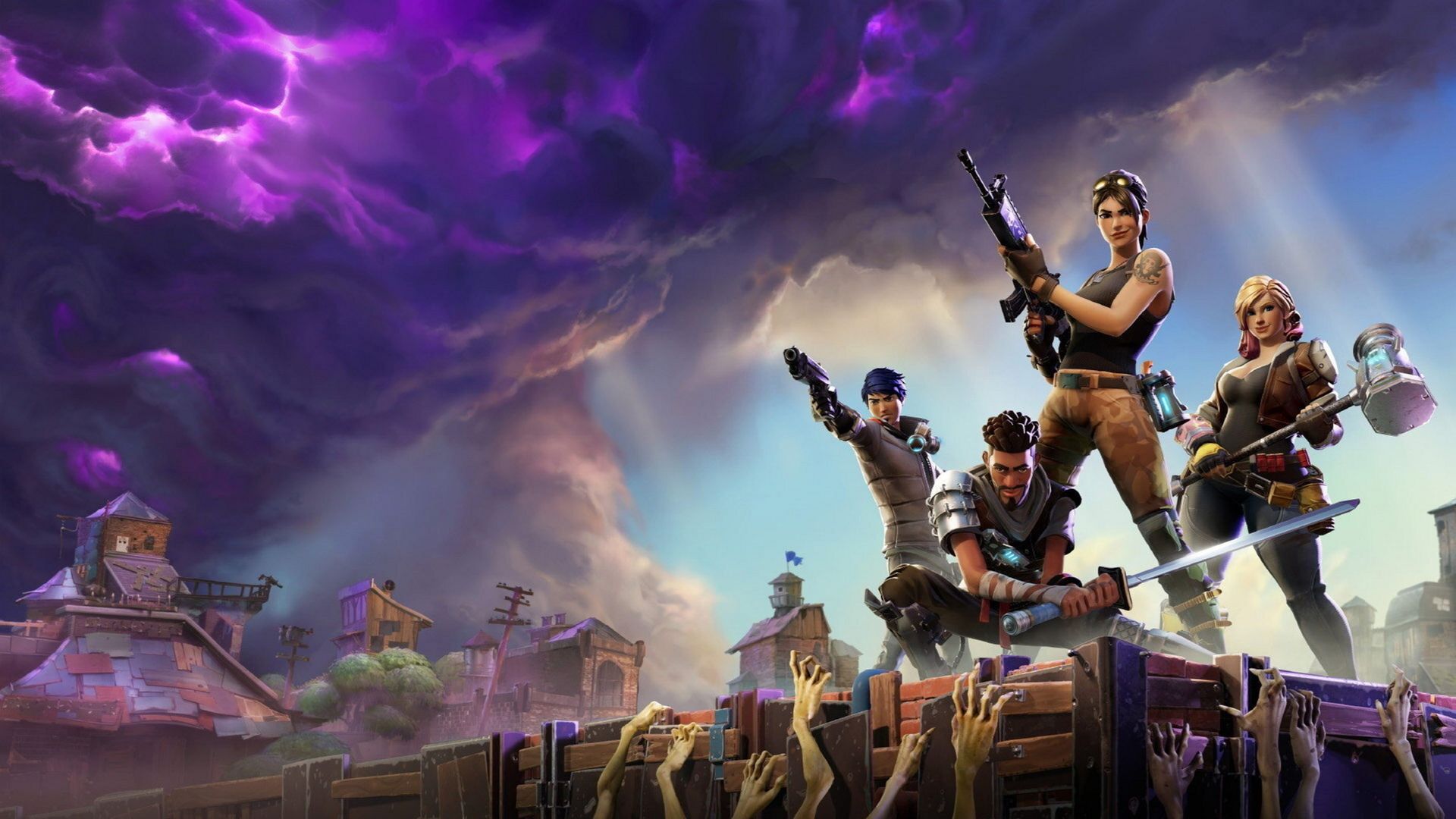尊敬的用户您好,这是来自FT中文网的温馨提示:如您对更多FT中文网的内容感兴趣,请在苹果应用商店或谷歌应用市场搜索“FT中文网”,下载FT中文网的官方应用。


A California jury did not have much time for Google this week. After a four-week trial, it took less than four hours to decide that the company had broken antitrust laws to make billions from its Google Play app store. “I just think they need a refresher on integrity a little bit there,” one juror later reflected.
本周,加利福尼亚州的一个陪审团没有给谷歌留太多时间。经过四周的庭审,陪审团只用了不到四个小时就裁定谷歌违反了反垄断法,从Google Play应用商店中获利数十亿美元。一位陪审员后来表示:“我只是觉得他们需要重新温习一下诚信问题。”
The verdict in the federal trial is a nasty setback for what have become moneymaking machines. When Apple launched the first app store for the iPhone 15 years ago, it created a new kind of retail outlet for software, not only virtual but much more profitable than a supermarket. Courts and antitrust regulators are discovering how rewarding that innovation is.
联邦审判的裁决对于这些已经成为赚钱机器的公司来说是一个严重的挫折。15年前,当苹果(Apple)推出了第一个iPhone应用商店时,它为软件创造了一种新的零售渠道,不仅是虚拟的,而且比超市更有利可图。法院和反垄断监管机构正在发现这种创新的回报是多么丰厚。
The man who keeps telling them is Tim Sweeney, chief executive of Epic Games, the developer behind the game Fortnite. Epic lost a similar case against Apple in 2021, when a judge largely ruled for Apple, despite accepting that it makes “extraordinarily high” profits from its app store. Epic’s victory this week vindicates Sweeney’s persistence.
不断告诉他们这些的人是Epic Games的首席执行官蒂姆•斯威尼(Tim Sweeney),该公司开发了《堡垒之夜》游戏。Epic在2021年输掉了一起针对苹果的类似案件,当时一名法官基本上裁定苹果胜诉,尽管他承认苹果从其应用商店中获得了“极高”的利润。Epic本周的胜利证明了斯威尼的坚持是正确的。
The fact that iPhone users must download apps solely from Apple’s store, while 90 per cent of apps on Android phones are downloaded through Google Play, has given both companies great power. That is now in question, although Google is appealing: “The verdict knocks a big hole in the wall of the walled garden,” says Mark Lemley, a law professor at Stanford University.
iPhone用户必须从苹果商店下载应用程序,而90%的安卓手机应用程序是通过谷歌应用商店下载的,这给这两家公司带来了巨大的权力。尽管谷歌正在上诉,但现在这一情况受到了质疑:“这个判决在封闭花园的墙上打了一个大洞,”斯坦福大学(Stanford University)法学教授马克•莱姆利(Mark Lemley)说。
Mark Zuckerberg, chief executive of Meta (which has its own virtual reality headset app store) once mused that Twitter’s founders “drove a clown car into a gold mine and fell in”. Steve Jobs drove a Mercedes-Benz but there was an equally accidental quality to how Apple came up with its original pricing policy of charging developers a 30 per cent fee to sell apps in its store.
Meta(拥有自己的虚拟现实头显应用商店)首席执行官马克•扎克伯格(Mark Zuckerberg)曾经说过,Twitter的创始人们“开着小丑车进入了金矿并掉了进去”。史蒂夫•乔布斯(Steve Jobs)开的是梅赛德斯-奔驰(Mercedes-Benz),但苹果公司(Apple)最初的定价政策,即向在其商店销售应用程序的开发者收取 30% 的费用,同样具有偶然性。
The idea of a software app was then novel, since the iPhone had only been launched the previous year, and it did not appear outrageous for Apple to levy a charge similar to sales margins in physical stores. Walmart, for example, has made a 24 per cent gross profit this year on the products it sells in its supermarkets, despite being known for offering “everyday low prices”.
由于iPhone在前一年才推出,软件应用程序的想法在当时还很新颖,苹果公司收取类似于实体店销售利润的费用似乎并不离谱。例如,沃尔玛(Walmart)今年在其超市销售的产品实现了24%的毛利润,尽管该公司以“每日低价”著称。
Apple’s lead was followed by Android Market, which later became Google Play. Apple hails its store for making it easier and cheaper for developers to sell software and it has no limits on shelf space in the way supermarkets do. Developers can put their free apps on display at no cost (they pay Apple a $99 annual fee) and are charged only for selling the paid ones.
苹果的领先地位随后被安卓市场所跟随,后者后来变成了谷歌商店。苹果公司称赞其应用商店使开发者更容易、更便宜地销售软件,并且不像超市那样有货架空间的限制。开发者可以免费展示他们的免费应用(他们需要向苹果支付99美元的年费),只有在销售付费应用时才需要支付费用。
So far, so reasonable. But there is a big difference between app stores and physical supermarkets: the latter must build and run stores and distribution hubs, employ checkout staff and shelf stackers, advertise widely and so on. After all these costs are accounted for, their margins often descend to single digits: Walmart’s operating margin this year is about 4 per cent.
到目前为止,一切都很合理。但是应用商店和实体超市之间存在着很大的区别:后者必须建设和运营商店和配送中心,雇佣收银员和货架员工,广泛宣传等等。在考虑了所有这些成本之后,它们的利润率通常降至个位数:沃尔玛今年的营业利润率约为4%。
It is easier for app stores. They cost much less to operate and those with the market power that Apple and Google possess keep on generating more cash as more apps appear. There are 1.8mn apps in Apple’s store and, although more than 80 per cent of those are free, the judge in the 2021 case agreed with an estimate that its operating margin exceeds 70 per cent.
对于应用商店来说,它们更容易运营,成本要低得多,而像苹果和谷歌这样拥有市场实力的公司,随着更多的应用出现,它们不断产生更多的现金。苹果的应用商店中有180万款应用,尽管其中超过80%是免费的,但2021年的案件中的法官同意了一个估计,即其运营利润率超过70%。
Apart from being many times more profitable than Walmart, app stores have another advantage. It is easy for shoppers to switch supermarkets if one charges more than another, but it is awkward to move from an iPhone to an Android one if an app is too expensive. Google Play faces some app store competition on Android, but Apple stands alone with iOS.
除了比沃尔玛赚钱多几倍之外,应用商店还有另一个优势。如果一个超市比另一个收费更高,购物者可以轻松切换超市,但如果一个应用太贵,从iPhone切换到安卓手机就很尴尬。谷歌应用商店在安卓上面临一些应用商店竞争,但苹果在iOS上独占鳌头。
So be it, the Apple case judge ruled: its app store is very successful but “success is not illegal”. Google was less fortunate this week. The jury was unimpressed by its having offered some developers financial incentives to stick with Google Play, rather than defect to other app stores. It made itself legally vulnerable by trying to curb competition and maintain its grip (as well as by automatically deleting some internal messages).
苹果案的法官裁定:苹果的应用程序商店非常成功,但“成功并不违法”。谷歌本周就没那么幸运了。陪审团对谷歌向一些开发者提供经济奖励,鼓励他们坚持使用Google Play而不是转投其他应用商店的做法不以为然。谷歌试图遏制竞争,维持自己的控制权(以及自动删除一些内部信息),这使自己在法律上容易受到攻击。
One of Google’s difficulties was having to make its case to a jury, rather than solely to a judge: however elegant one’s legal arguments, making so much money is never a good look. Google and Apple have acknowledged that tacitly by cutting fees for small developers. The original 30 per cent has been eroded: nearly all developers of Google Play apps pay 15 per cent or less.
谷歌面临的困难之一是必须向陪审团而非仅向法官陈述自己的观点:无论法律论据多么优雅,赚这么多钱对自己的形象总不是什么好事。谷歌和苹果通过削减小型开发者的费用默认了这一点。原来30%的收费已经被侵蚀:几乎所有Google Play应用开发者的收费都在15%或更低。
Google also had a feisty opponent in Sweeney, which was its own doing. Games apps account for more than 70 per cent of app store revenues, much of that coming through in-app payments for virtual goods and add-ons. If you are in a delicate position in antitrust law, placing the fee burden so heavily on developers of virtual worlds such as Fortnite is perilous.
谷歌和斯威尼的矛盾如此之大,这也是谷歌自己造成的。游戏应用占应用商店收入的70%以上,其中大部分来自虚拟商品和附加组件的应用内支付。如果你在反垄断法中处于一个微妙的位置,那么让《堡垒之夜》等虚拟世界的开发者承担如此沉重的费用负担是非常危险的。
The ultimate issue is financial: Apple could not have known that its invention would work so well, but it and Google have come to operate two of the most profitable stores in history. No matter how they found the gold mine, they run it now.
最终的问题是财务问题:苹果不可能预料到它的发明会取得如此成功,但它和谷歌已经成为历史上最赚钱的两家商店之一。无论他们是如何找到这座金矿的,现在他们都在经营着它。